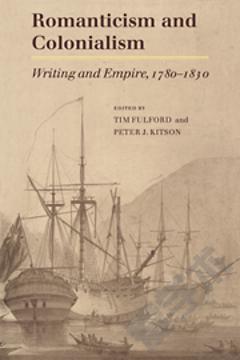Of Love and Loathing: Marital Life, Strife, and Intimacy in the Colonial Andes, 1750-1825
Policies concerning marriage, morality, and intimacy were central to the efforts of the Spanish monarchy to maintain social control in colonial Charcas. The Bourbon Crown depended on the patriarchal, caste-based social system on which its colonial enterprise was built to maintain control over a vast region that today encompasses Bolivia and parts of Peru, Chile, Paraguay, and Argentina. Intimacy became a fulcrum of social control contested by individuals, families, the state, and the Catholic Church, and deeply personal emotions and experiences were unwillingly transformed into social, political, and moral challenges. In Of Love and Loathing, Nicholas A. Robins examines the application of late-colonial Bourbon policies concerning marriage, morality, and intimacy. Robins examines how such policies and the means by which they were enforced highlight the moral, racial, and patriarchal ideals of the time, and, more important, the degree to which the policies were evaded. Not only did free unions, illegitimate children, and de facto divorces abound, but women also had significantly more agency regarding resources, relationships, and movement than has previously been recognized. A surprising image of society emerges from Robinss analysis, one with considerably more moral latitude than can be found from the perspectives of religious doctrine and regal edicts.
{{comment.content}}








 京公网安备 11010802027623号
京公网安备 11010802027623号